Commissioned Research: Survey on the Kamitokikuni and Tokikuni Family Documents of Wajima City
Geographical Scope
Wajima City, Ishikawa Prefecture
Purpose
-
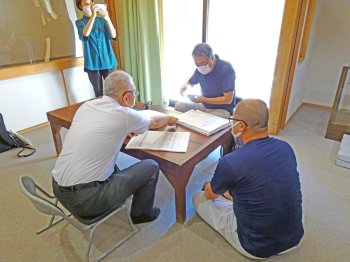 Briefing sessions with project managers at the Wajima City government
Briefing sessions with project managers at the Wajima City government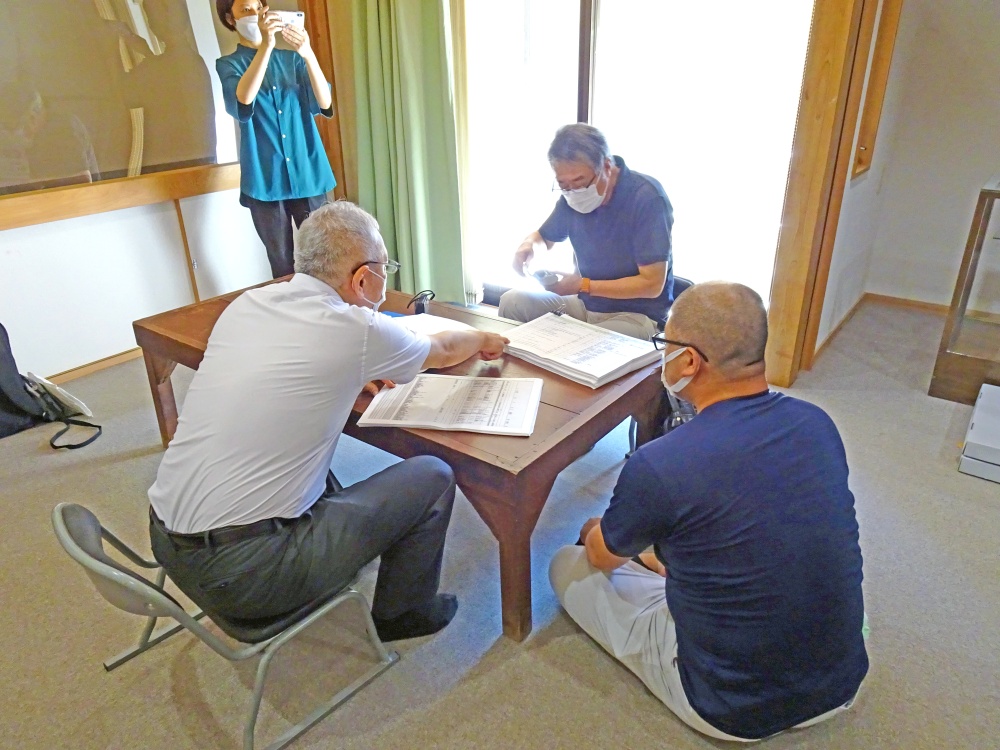
-
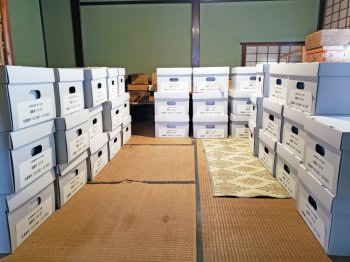 Some of the documents belonging to the Tokikuni Kentaro family stored in boxes
Some of the documents belonging to the Tokikuni Kentaro family stored in boxes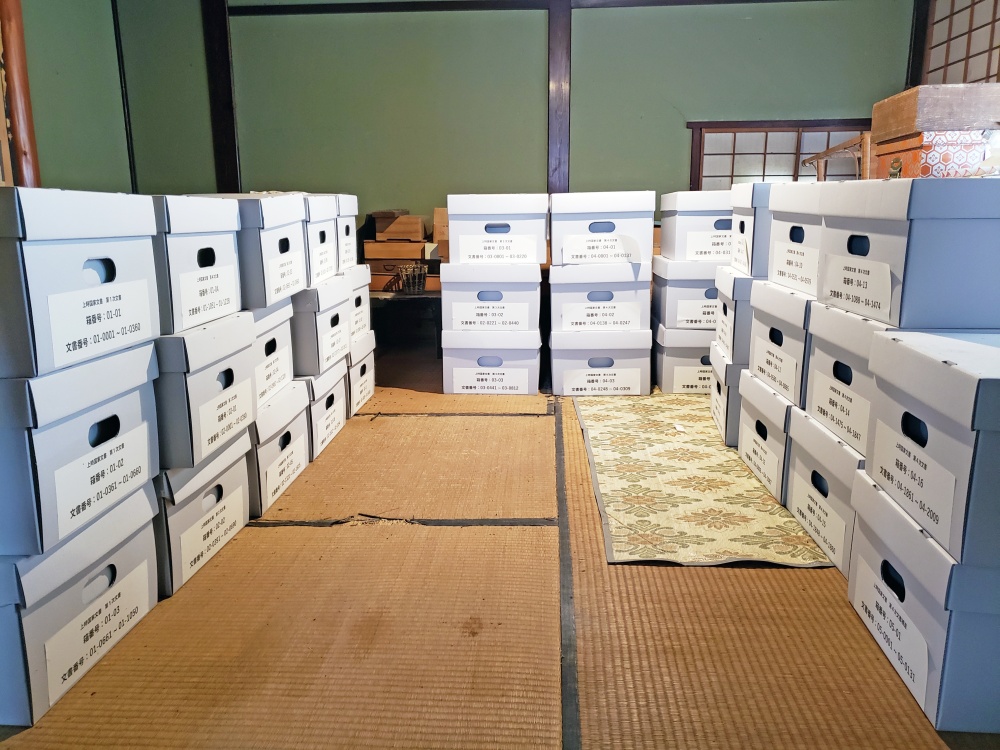
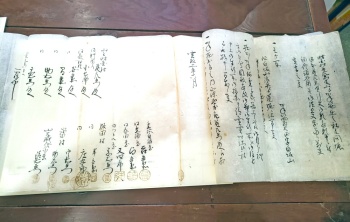
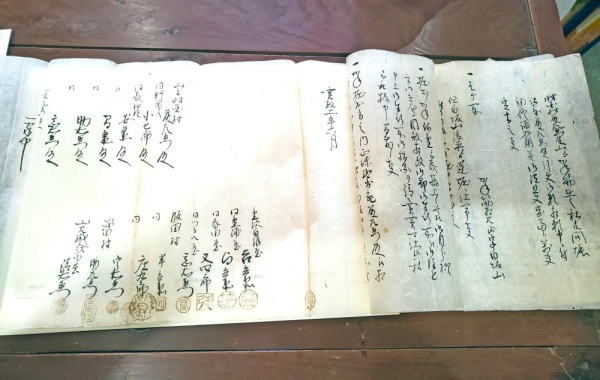
Nobuhiro Family
Since Keizo Shibusawa's visit to Noto in 1950, the ISJFC has maintained an intermittent relationship with the Kami-Tokikuni and Tokikuni families. From 1982 onward, a comprehensive study of both Tokikuni families was conducted under the leadership of Yoshihiko Amino.
Imily DocumentsIn 2022, Wajima City contracted work, including the preparation of an assessment report for the Kami-Tokikuni Family Documents and the Tokikuni Family Documents. While the majority of the Kami-Tokikuni Family Documents have been designated as cultural properties by Ishikawa Prefecture, we have produced an assessment report on some of the historical documents that have been omitted from the list. Moreover, the Tokikuni Family Documents are a city-designated cultural property as a set of materials. When publishing the catalog of these historical documents, the project also compiled an index.
This commissioned research was conducted in the 2022 academic year. We offer our deepest sympathies and condolences to the victims of the 2024 Noto Peninsula Earthquake.
Duration: from 2022


